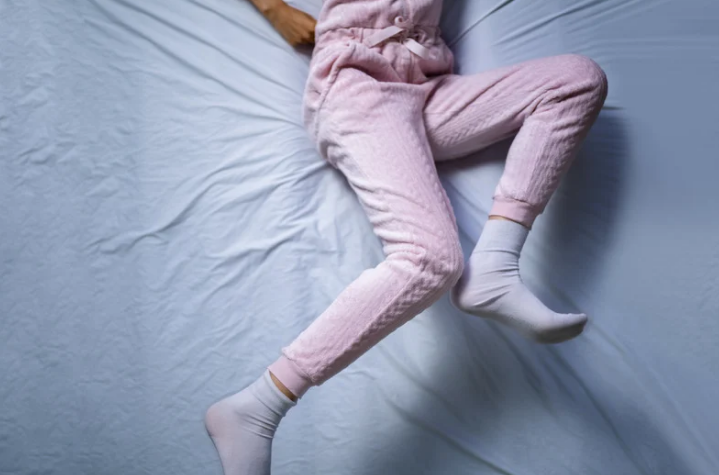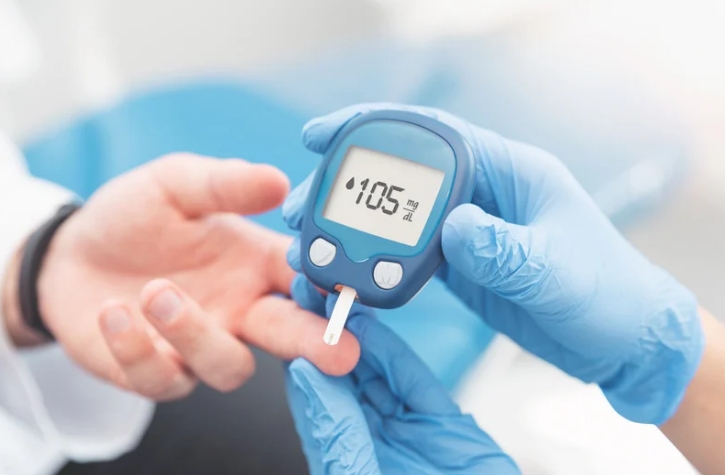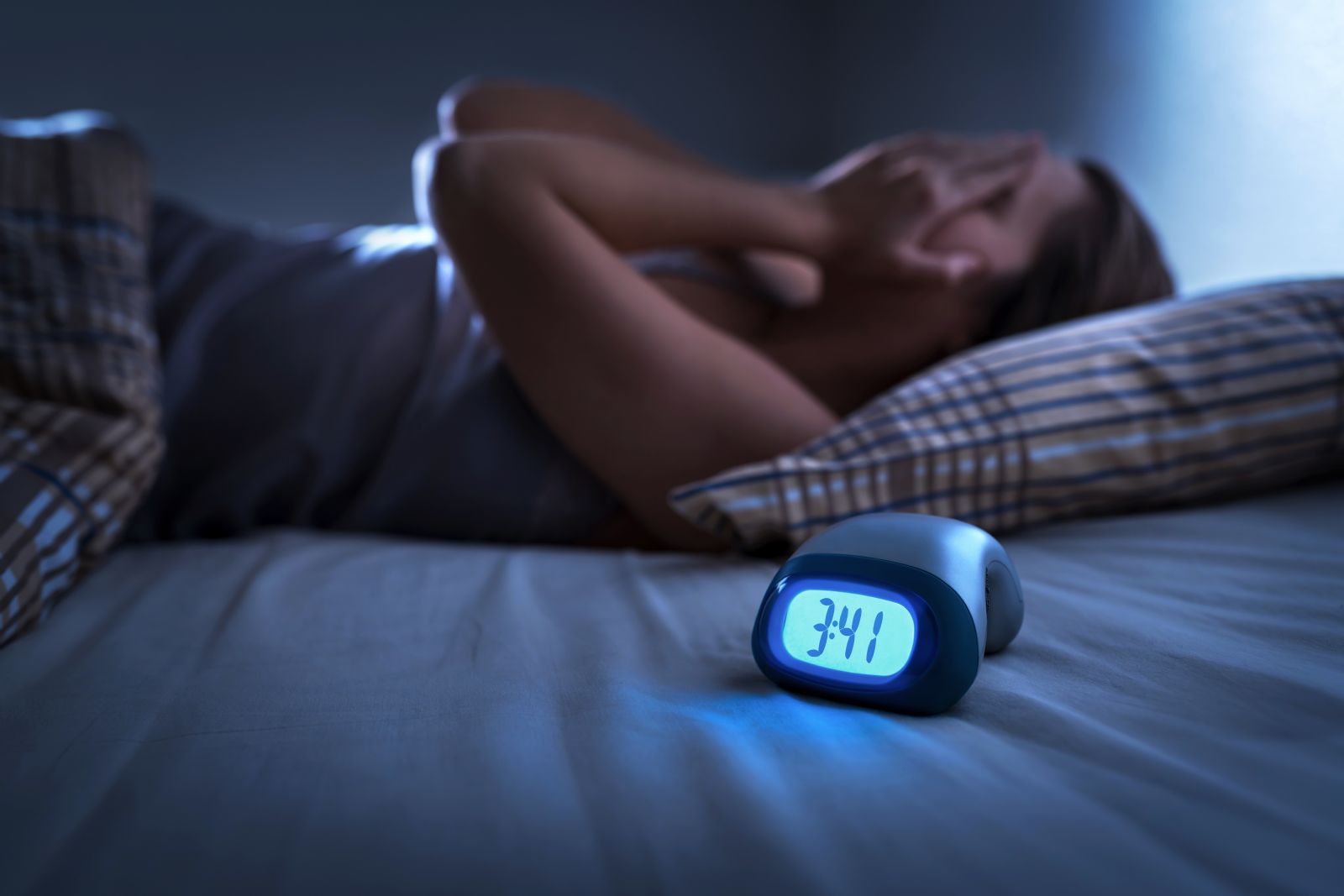
When your legs ache, you can usually lie down and relax to alleviate your symptoms. But for people who suffer from Restless Legs Syndrome (RLS for short), relaxing only makes them hurt more.
In the United States, RLS is believed to affect more than 10 million adults and an estimated 1.5 million children and adolescents. RLS is a neurological disorder characterized by unpleasant sensations in the legs and an uncontrollable urge to move them in an effort to relieve these sensations. The intensity of symptoms, which may occur either occasionally or regularly, ranges from irritating to painful, and the sensations are often described as burning, tingling, or tugging feelings deep inside the leg, commonly between the knee and ankle. RLS affects people of all ages, but it is most common in middle-aged or older individuals.
Although no cause for RLS has been found, research is underway. Some recent findings include:
- About 50% of cases occur in people with a family history of RLS.
- Low iron levels or anemia may trigger symptoms in some people.
- Some chronic conditions, like kidney failure, diabetes, Parkinson’s disease, and peripheral neuropathy, have been correlated with RLS.
- Symptoms may arise during pregnancy, especially during the last trimester, but usually disappear within a month after delivery.
- Certain medications may aggravate RLS.
- Using caffeine, alcohol, and tobacco may aggravate symptoms in some people.
- Consume foods (or dietary supplements, as prescribed by a physician) to correct potential nutritional deficiencies in iron, folate, and magnesium.
- Work with your health care provider to treat any underlying disorders (as discussed above) that might be contributing to your RLS symptoms.
- If you think one of your medications may be contributing to your symptoms, talk to your doctor about finding an alternative medication for your condition that doesn't have this negative side effect.
- Avoid or limit your use of caffeine, alcohol, and tobacco.
- Maintain a regular sleep pattern, or change sleep patterns (i.e., go to bed later and sleep longer) to minimize symptoms.
- Take part in moderate exercise regularly. Moderation is essential since excessive exercise may aggravate RLS symptoms.
- Try a combination of hot baths, leg massage, heat, or ice packs to diminish uncomfortable sensations in your legs.












